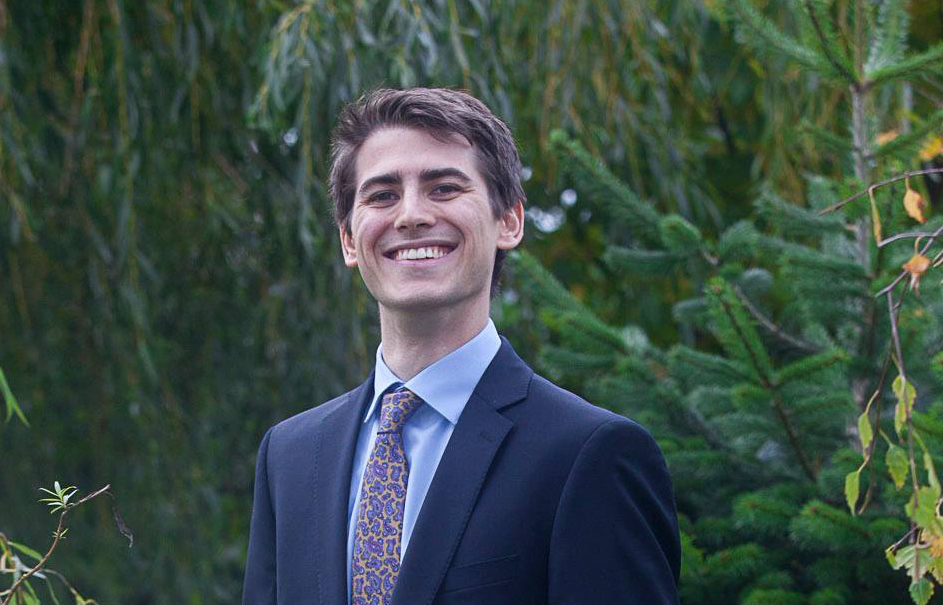Interview – Gareth Ceidiog Hughes

Humans are often described as creatures of habit, though as a species, we are far from unique in this regard.
There isn’t a creature in the animal kingdom that does not engage in repetitive behaviours of some sort. Lions hunt, gazelles eat grass, spiders spin webs, kangaroos hop, and so on. These behaviours have evolved over time to enable animals to survive and propagate their genes.
This is true of humans as it is of any other animal. It is perfectly normal. But there is a certain subset of our species whose behaviours are viewed as less valid. That subset is autistic people. Like everyone else, our routines and rituals exist to help us navigate the world around us or to make our lives more manageable. The world in which people exist is chaotic and we have developed ways to apply some order to it.
These are evidently human traits. Nevertheless, they are pathologised when it comes to autistic people in ways they are not for neurotypicals. They are treated as if they are odd. Sometimes they are even shamed and branded as inflexible. Autism is even partially defined in these stark terms. Those who brand us with these terms rarely seem to engage in much self-reflection about their own rigidities.
Our habits and routines may not align with those of the rest of society. They may come in different hues and may have a different emphasis. They may even be more pronounced in some ways. In any case, they are no less worthy of acceptance.
As a group, we on the spectrum are rejected for doing what we need to. We get booted out – excluded. Society refuses to adjust its structures, its strictures and its cultural norms so that we may be included. There is an almost pathological insistence on grey conformity.
Society demands that we autistics adhere to its arbitrary set of rules, and when we do not, we are branded as the inflexible ones. You might say that neurotypicals have fallen into a bad habit.



